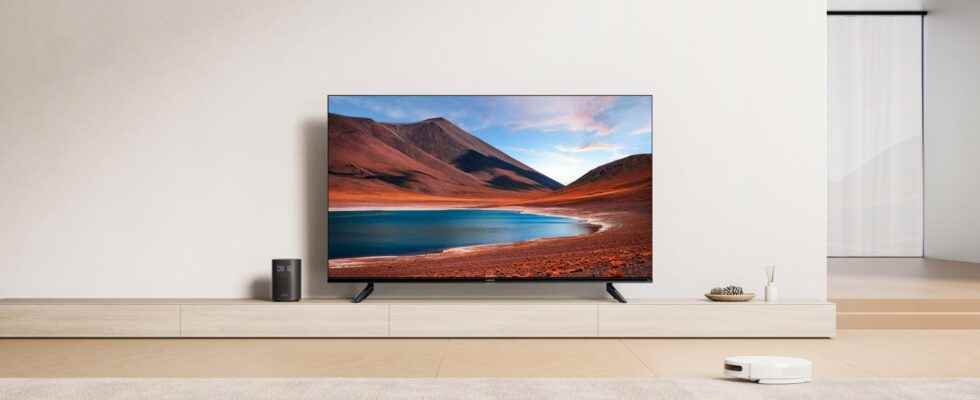Manufacturers offering TVs under Android or Google TV can finally turn to other ecosystems.
Google is finally letting go…against its will. At a request from the European Union, the Mountain View giant no longer prohibits its partners from looking elsewhere. A decision that will allow the television market to diversify.
OSes on TVs
In the TV market, there are several major players. Some rely on a third-party operating system (OS), Android TV or Google TV, while others develop their own ecosystem. Sony, Philips and Nokia, for example, are particularly linked to Google TV/Android TV, while LG and Samsung respectively use WebOS and TizenOS, their home interfaces. And there is a reason for that.
Until recently, Google included a specific clause in its Android TV or Google TV user agreement. Brands wishing to take advantage of this system had to commit to a license ” anti-fragmentation » preventing them from offering models running under aforkingof Android, a modified version of the system. The best known is none other than FireOS TV, which can be found, for example, on Amazon’s Fire TV Cube.
If brands could use Android source code (open-source), they were thus obliged to remain loyal to Google to benefit from Google Play Services, and therefore from the Google Play Store and other applications such as YouTube). This clause nevertheless seems obsolete today.
The EU gets involved
However, this clause is problematic. Some regulatory bodies, particularly in the European Union, have ruled that this clause cannot be legal. Thus, Google cannotto punish» Manufacturers releasing televisions equipped with other OS in France, and more generally in Europe. This judgment would therefore allow TCL, Xiaomi, Hisense and other manufacturers to offer products running on different OS.
We have already seen this change with the arrival of the first televisions under Xiaomi’s Fire OS last May. TCL should also follow this movement, as well as other brands.
In the west, nothing is new
Google nevertheless denies this reversal of the situation. Asked by Protocol, the search giant indicates that its position “remains unchangedand that this anti-fragmentation clause is still valid. A difficult position to hold when the EU has imposed this change and manufacturers like Xiaomi are offering products with a different OS. It is difficult to say, however, whether this concerns only Europe or the whole of the globe.
To follow us, we invite you to download our Android and iOS application. You can read our articles, files, and watch our latest YouTube videos.
